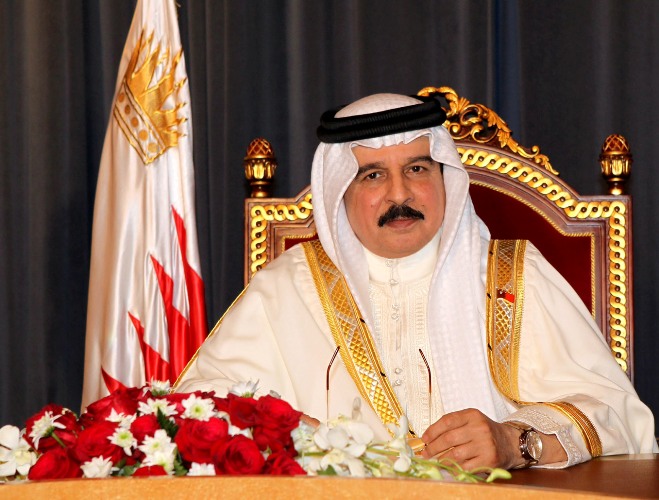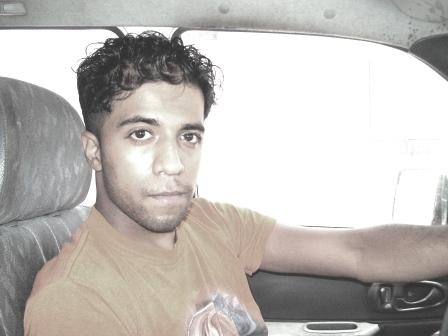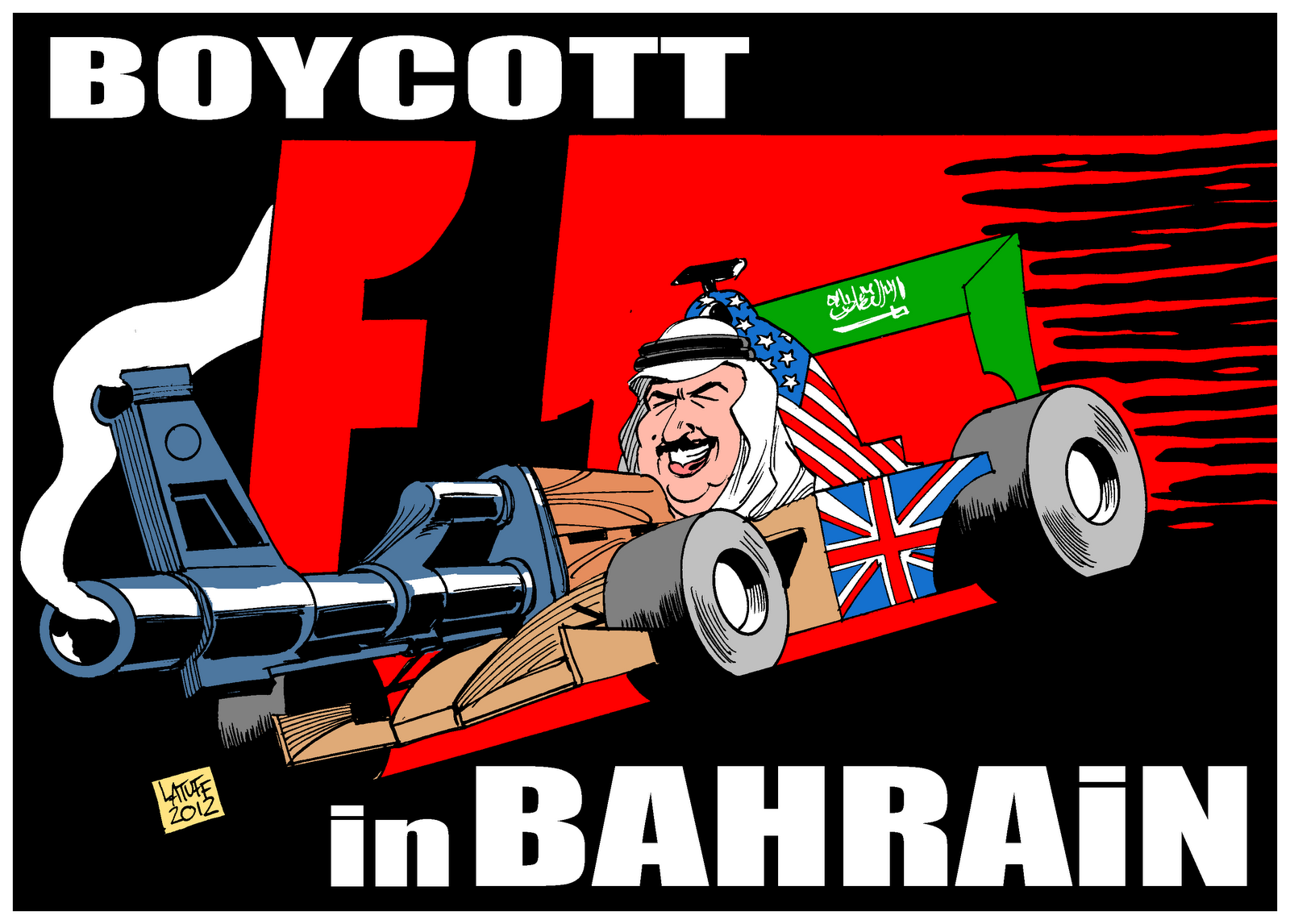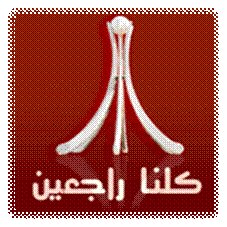Bahrain Feature: Challenging the Regime's Claims of "Reforms" (Bahrain Watch)
 King Hamad bin Isa Al KhalifaWhile al-Saleh and Hamad touted police training, and the establishment of a Code of Conduct for police officers on 30 January 2012, Bahrain Watch has documented numerous ongoing abuses, with the help of activists on the ground in Bahrain. Abuses include brutal arrests and torture, improper targeting of individuals in the head with tear gas canisters, and the mass nighttime tear-gassing of residential areas, even when there are no protests. These abuses have been documented on an ongoing basis in areas all around Bahrain, suggesting that these abuses are not individual actions.
King Hamad bin Isa Al KhalifaWhile al-Saleh and Hamad touted police training, and the establishment of a Code of Conduct for police officers on 30 January 2012, Bahrain Watch has documented numerous ongoing abuses, with the help of activists on the ground in Bahrain. Abuses include brutal arrests and torture, improper targeting of individuals in the head with tear gas canisters, and the mass nighttime tear-gassing of residential areas, even when there are no protests. These abuses have been documented on an ongoing basis in areas all around Bahrain, suggesting that these abuses are not individual actions.

 Wednesday, March 21, 2012 at 7:34
Wednesday, March 21, 2012 at 7:34



